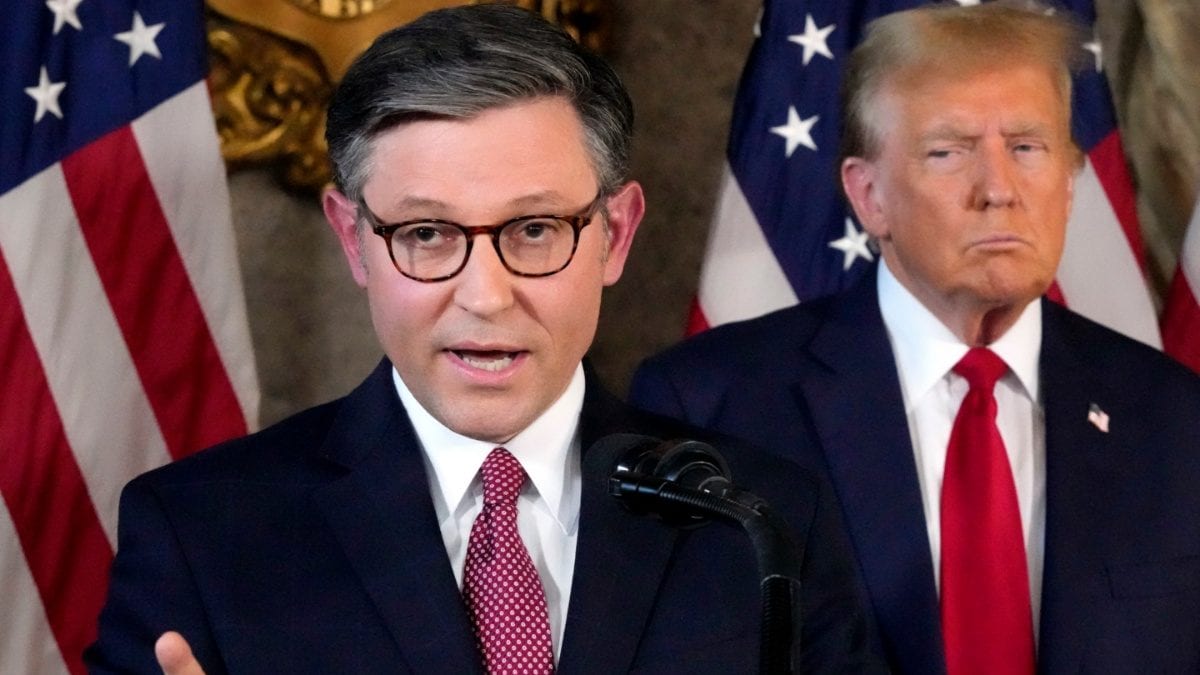Shortages and funding cuts are causing a “full-blown crisis” in special needs education for children and young people in England, according to school leaders who say they are struggling to give pupils the support they require.
Paul Whiteman, the general secretary of the school leaders’ union the NAHT, accused the government of treating schools as a “sideline” compared with headline-grabbing issues such as immigration.
“This is a full-blown crisis and bad news for children, families, schools and local authorities. Ahead of the general election, it is incumbent upon all political parties to pledge the system-wide investment needed to tackle this crisis head on,” Whiteman said.
Leaders of both mainstream and special schools told the NAHT they were being forced to reduce the number of teaching assistants or hours worked because of financial pressures, cutting vital individual support for pupils with special education needs and disabilities (Send).
The NAHT’s survey of 1,000 school leaders found that 78% said they had cut back on support staff such as teaching assistants within the last three years, and 84% said they also expected to do so within the next three years.
Some leaders said they feared funding shortages meant they would be unable to keep children and staff safe, while others said they were unable to pay for speech and language therapy, mental health support or specialist training.
Ian Kendal, the executive headteacher of Our Lady of Fatima trust in Essex, said the funding was insufficient and that it was “astonishing” per pupil Send funding had not increased for more than a decade. This, he said put huge pressure on dwindling school budgets.
“There just isn’t capacity within special schools in our area, meaning we are supporting even more pupils with complex needs within our mainstream settings.
“We believe in inclusion and are currently doing our best with the limited funds, but, put simply, it is not good enough for the children with the most complex needs – they deserve so much more than we can give them.
“It should never have come to this, and we need the government to urgently put more funding into the system to ensure all children’s needs are met, especially the most vulnerable.”
Funding for pupils in special schools has been frozen at £10,000 per pupil since 2013, with its value being steeply eroded in recent years by high inflation.
The school leaders’ complaints come as the number of pupils with identified Send, including those with education, health and care plans (EHCPs), has ballooned.
Gillian Keegan, the education secretary for England, has previously acknowledged the extent of the crisis, saying earlier this year: “All too often I hear from parents with children who have special educational needs having to fight to get the right support.”
The Department for Education says the government is tackling the issue, with high needs funding for children and young people increasing above £10.5bn in 2024-25.
The government is also allocating £850m for councils to eventually create 60,000 new places in mainstream and special schools.
But Louise Gittins, the chair of the Local Government Association’s children and young people board, said: “Councils’ high needs deficits currently stand at an estimated £1.9bn, rising to £3.6bn by 2025 with no intervention. We urge the government to write off these deficits.”
Whiteman told the NAHT’s annual conference on Friday that the government’s neglect of schools had been “pernicious”.
“For the best part of 15 years now, schools have been treated as though they’re a sideline, a niche portfolio to be considered once all populist talk on immigration, polarised positions on trans rights, and removing the right to protest have been exhausted,” Whiteman said.
“If political parties think the electorate haven’t noticed, or simply don’t care, I strongly suspect they’re all going to have a nasty shock during the election campaign.”

 2 weeks ago
2 weeks ago


















